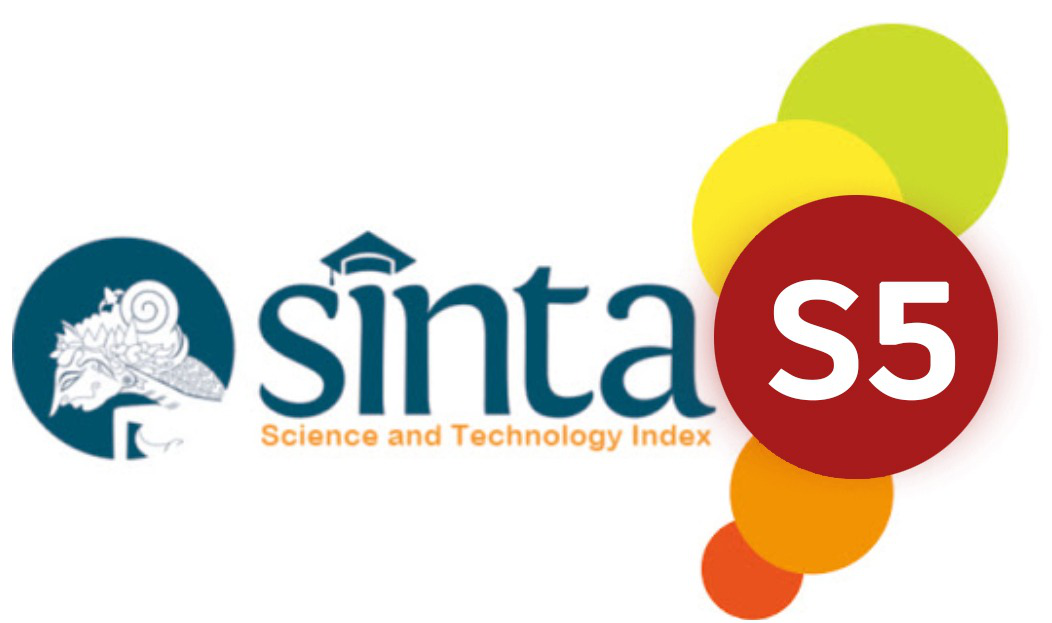Gender-Based Violence Againsts The Female Main Character in Colleen Hoovers It Ends With Us
Abstract
Abstract
This research is a study of Colleen Hoovers novel It Ends With Us. The purpose of this study is to reveal forms and impacts of gender-based violence and efforts of the female main character to overcome all the hardship. The main issue in this novel is gender-based violence againts the female main character named Lily Bloom. In this research, descriptive analysis method is used in studying the intrinsic theories, and extrinsic theories such as gender and feminism for supporting elements. The findings of this research points that Lily experiences several forms of gender-based violences such as child abuse, physical attacks, domestic violence, pornography violence, and an act of rape. Besides that, the physical and psychological impacts are also identified. Eventually, Lily can overcome her hardship by improving her financial condition, living independently, divorcing her abusive partner, and becoming a single parent. Both internal and external factors are in support of her measure to survive and live a better life.
Keywords: feminism, gender, gender-based violence, women
References
dalam Novel Secuil Hati Wanita di Teluk Eden Karya Vanny Chrisma W. Jurnal Pendidikan dan Pembelajaran, 2(7), 1-11. Diunduh dari https://www.jurnal.untan.ac.id/index.php/
jpdpb/article/views/2376. Diakses pada 10 Maret 2019.
Mido, Frans. (1994). Cerita Rekaan dan Seluk Beluknya. Flores NTT: Nusa Indah
Noorkasiani dkk. (2007). Sosiologi Keperawatan. Jakarta: Penerbit Buku Kedokteran EGC
Nurgiyantoro, Burhan. (2015). Teori Pengkajian Fiksi. Yogyakarta: Gadjah Mada University Press
Oakley, Ann. (1985). Sex, Gender, and Society (Rev. ed.). Gower Publishing Company Limited: England
Perrine, Laurence. (1988). Literature: Strukture, Sound, and Sense. USA: Harcourt Brace Jovanovich Inc
Purwo, Bambang Kaswanti. (2000). Kajian Serba Linguistik. Jakarta: Mega Media Abadi
Ramadhanti, Dina. (2016). Buku Ajar Apresiasi Prosa Indonesia. Yogyakarta: Penerbit Deepublish
Rokhmansyah, Alfian. (2016). Pengantar Gender dan Feminisme: Pemahaman Awal Kritik Sastra Feminisme. Yogyakarta: Penerbit Garudhawaca
Siregar, Hetty. (2001). Menuju Dunia Baru. Jakarta: BPK Gunung Mulia
Soul City Institute for Social Justice. (2016). We Want to be Free. Diunduh dari https://www.soulcity.
org.za/resources/materials/violence/we-want-to-be-free/view
Sugihastuti & Saptiawan, I.H. (2010). Gender dan Inferioritas Perempuan: Praktik Kritik Sastra Feminis. Yogyakarta: PUSTAKA PELAJAR
Sunarto. (2009). Televisi, Kekerasan, dan Perempuan. Jakarta: Penerbit Buku Kompas
Tong, Rosemarie Putnam. (1998). Feminist Thought: Pengantar Paling Komprehensif kepada Arus Utama Pemikiran Feminis. Yogyakarta: Jalasutra
Walby, Slyvia. (1990). Teorisasi Patriarki (Diterjemahkan dari Theorizing Patriarchy oleh Mustika K. Prasela). Yogyakarta: Jalasutra
Werdiningsih, Yuni Kartika. (2016). Kekerasan Terhadap Tokoh Utama Perempuan dalam Novel Kinanti Karya Margareth Windhy Pratiwi. ATAVISME, 19(01), 102-115.https://dx.doi.org/10.24257/
atavisme.v19i1.41.102-115
DOI: 10.33751/albion.v1i2.1315
Refbacks
- There are currently no refbacks.
Copyright (c) 2019 Journal Albion Journal of English Literature, Language, and Culture







